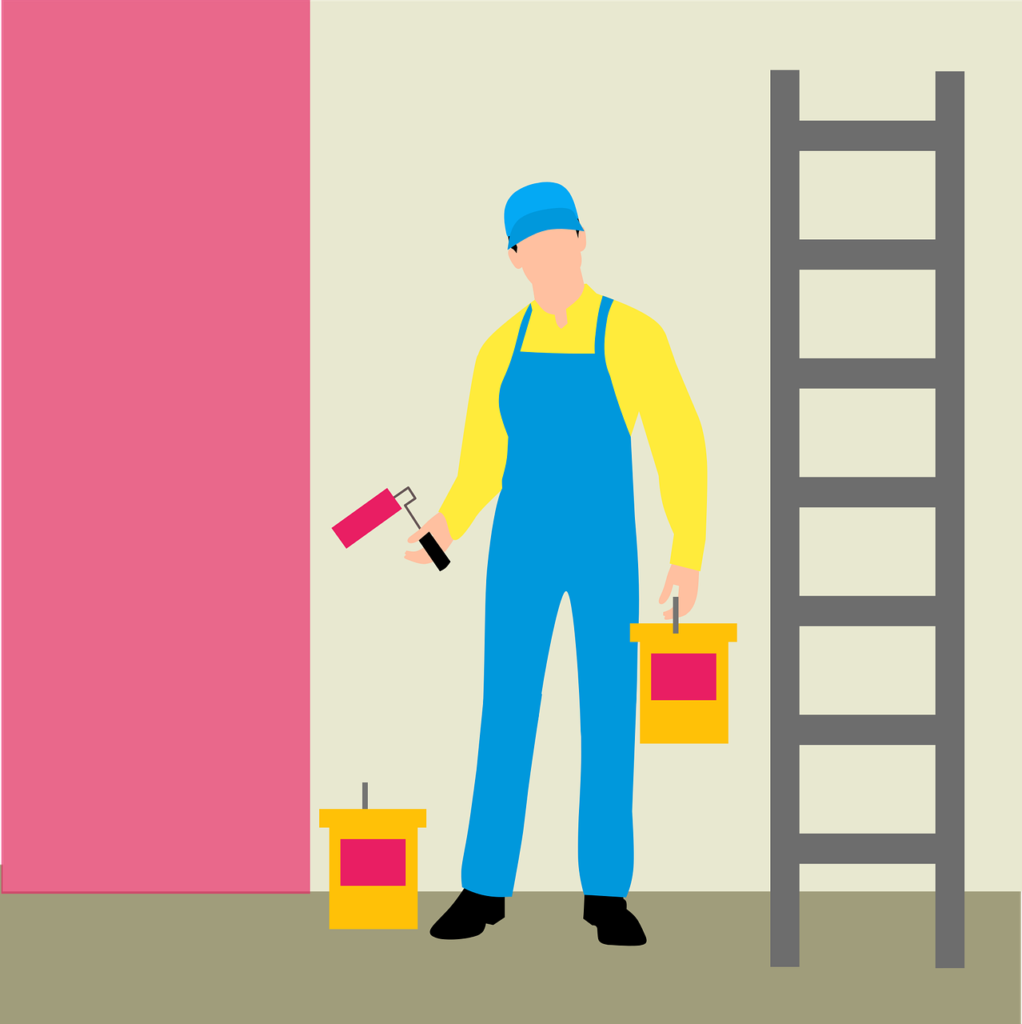“Houses that need updating put a pause in buyers’ minds,” says salesperson Stephanie Mallios of Compass NJ in Short Hills, N.J. “Renters usually have no idea how much it costs to make repairs, so they think in broad brushstrokes of prices—$10,000, $20,000—and start deducting from their offer.” Here are improvements that many buyers are loving today.
- Hardwood flooring is cleaner than carpet and offers a look that can be contemporary or traditional based on color, pattern, and length and width of boards, says Chicago designer Tom Segal of Kaufman Segal Design. “Prefinished options have expanded choice and personalization, and beautiful rugs atop them add an accent and change the feel,” Segal says. Architect Steven Lee of Page & Turnbull is exploring wood laminate, luxury vinyl tile, and rigid core flooring. Another flooring trend is to keep to the same material on the main level. “Gone are the days of tile in the entryway and kitchen, carpet in the living room, and wood floor in the dining room,” says Milwaukee designer Suzan Wemlinger of Suzan J. Designs/Decorating Den. “It makes a room look disjointed and visually unappealing.”
- Steam ovens, valued for their humidity and temperature control, are being installed in more kitchens. Boston-area kitchen designer Jodi L. Swartz of KitchenVisions now includes one in almost every kitchen she designs.
- Built-in bookcases combine storage and style as homeowners return to reading print books rather than downloading e-books. Trade magazine Printing Impressions reported that sales of print books rose 8.2% in 2020, based on data from NPD. Carefully curated bookshelves have become handsome backdrops for Zoom calls as work-from-home routines continue. To get the right look, homeowners should consider some closed storage, how the scale works in the room, and whether they want lights, Segal says.
- Warmer palettes—light beiges, creams, and all shades of green—are replacing stark whites and cool grays, according to designer and staging expert Kristie Barnett of The Decorologist in Nashville. “All-white and even black exteriors are still selling like hotcakes,” she says, “but they are changing the look of neighborhoods where remodels and new builds abound to the point of saturation.”
- Chicken coops (along with sheep, goats, and llamas) found their way into more residential yards during the pandemic, says Sacramento, Calif.– based landscape designer Michael Glassman. Chickens give owners a sense of self-reliance and sustainability, Glassman says, who adds this caveat: Check what animals, and how many of them, a community permits.
Rustic Gives Way to Casual Chic
Bid farmhouse style adieu as modern mountain and other styles step in. The farmhouse look was overdone. “Too many embraced it literally,” says designer Suzan Wemlinger, “with shiplap everywhere, tons of rustic wood, chipped or distressed paint on everything.”
Her advice “We don’t want too much of a good thing. If it’s everywhere, it loses its impact.”
For those who want a bit of a homey farmhouse look, she suggests mixing some of its elements with modern touches. “I’ve always mixed eras and styles so that something doesn’t scream a specific look, has greater longevity, and appeals to a broader base. It’s also easier to switch items out, such as pillows, without changing the whole room,” Wemlinger says.
Modern mountain style has some of the same rustic elements as farm- house, such as beamed ceilings, dark wood, and earthy textures, while offering a more refined aesthetic. “It has some color, but also has hints of black for an updated modern, clean-lined feel. And it’s less busy,” she says. “Modern abstract art would be at home in this environment.”
Designer Kristie Barnett of The Decorologist notes other style trends emerging, based on RentCafe’s reporting of increased searches on Google(link is external): Japandi, Dark Academia, Grandmillennial, Cottagecore, and Maximalism.

Image by Mohamed Hassan from Pixabay
©National Association of REALTORS®
Reprinted with permission


